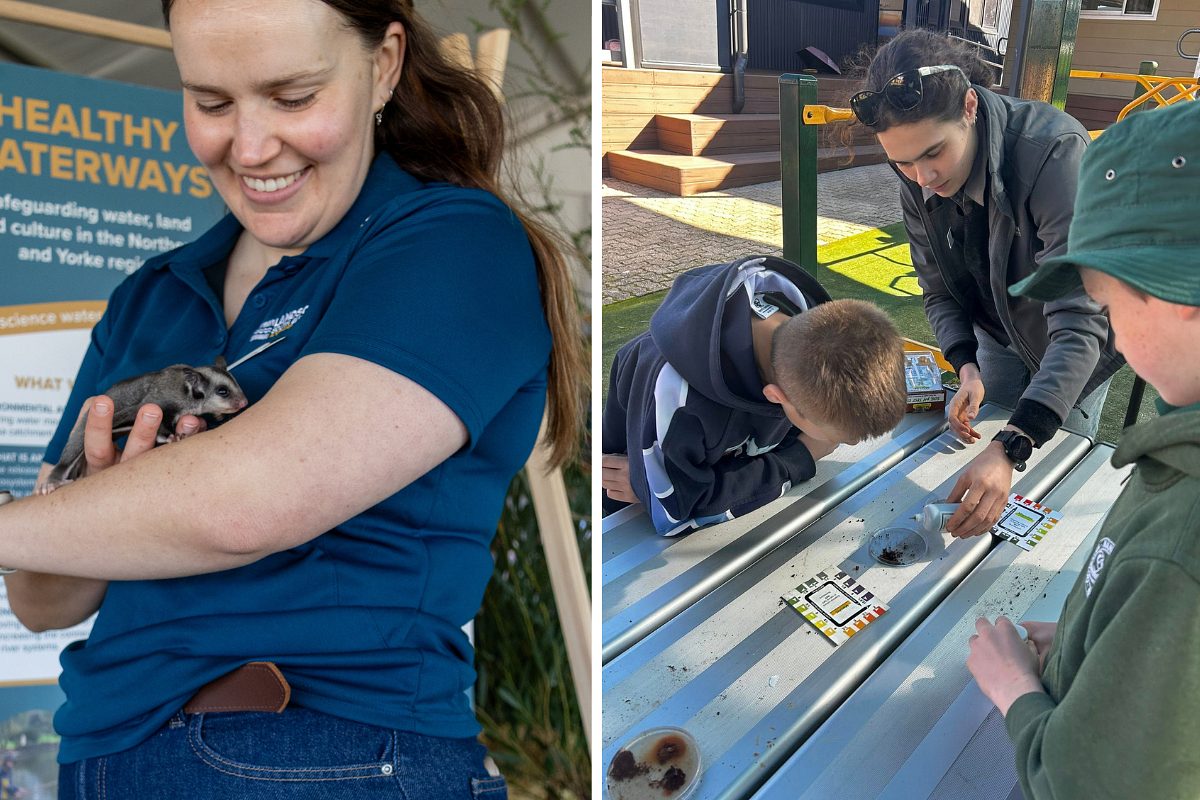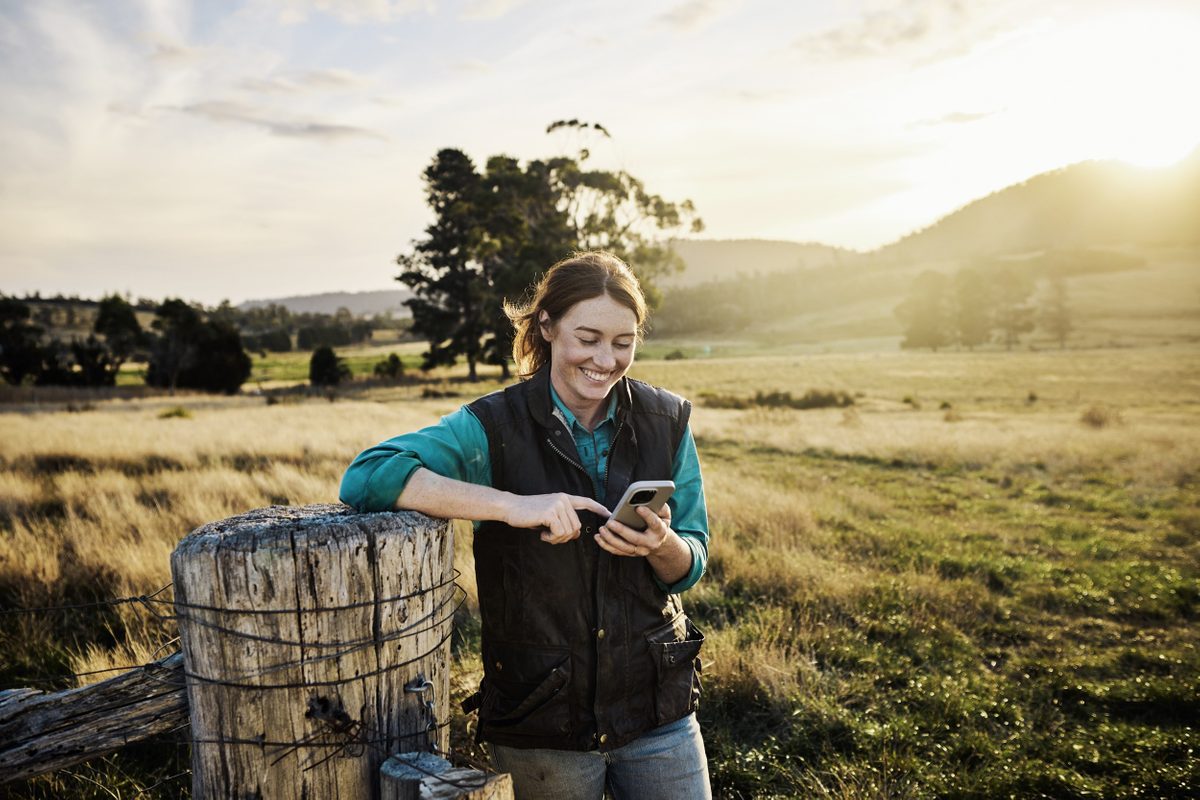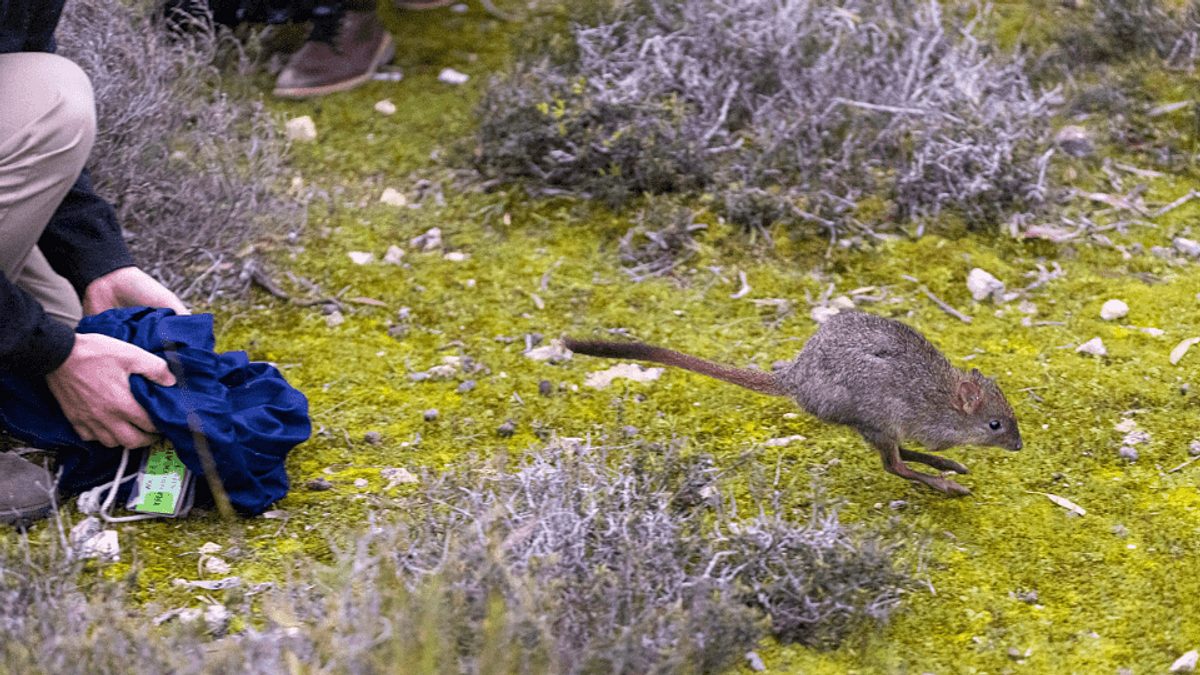Trapping workshops prepare landholders for battle with wild dogs
Two practical workshops designed to arm landholders with the skills to control wild dogs were held recently at Wonga Station, near Morgan and Willangi Bush Escapes, Peterborough.
They were part of a series being delivered across the state by professional trapper and trainer Paul Billsborough of Wildpest Management.
Leanne Stockman of Springvale North Poll Merinos at Burra attended the workshop at Wonga Station, and said they were important for landholders, who are most likely to be the ones dealing with the wild dog problem ‘face on’.
“Workshops such as the recent Wild Dog Trapping Workshop give landholders invaluable insight and understanding of dog behaviour and intelligence,” Ms Stockman said.
“This knowledge is imperative to successfully trapping dogs, as usually by the time wild dogs reach areas such as ours, they have already had to deal with attempted trapping failures as well as being shot at, and are particularly shy when approaching a site that they are suspicious of.
“We have had wild dog presence on our property, ‘Caroona Station’, where we have had three sheep cornered and killed, and another sheep that had been bitten in the kidney area (these are only the incidents that we are aware of). We have also had sightings of wild dogs on neighbouring properties, both at Caroona and at one of our Mount Bryan properties.”
Ms Stockman said one of the reasons for attending the workshop was to get an accurate understanding of how to go about humanely trapping wild dogs.
“I really enjoyed the workshop; the presentation was very engaging and the facilitators were very experienced ‘on the ground’ trappers,” she said.
“I feel that I have learnt a lot about how to think like a dog, which is important when setting up traps and lures, as well as when undertaking baiting programs.”
Ms Stockman said she would highly recommend landholders attend workshops like these.
“The sheep and cattle industries are not only valuable to farmers, but the wider community as well. The threat of wild dogs is real, they are here already. Unless landholders actively intervene, the long-term future of sheep and cattle production in our area will be grim,” Ms Stockman said.
Natural Resources Northern and Yorke Landscapes Officer Kevin Smith, who helped coordinate the Willangi Bush Escapes workshop, said it provided a great opportunity for landholders to learn about wild dog control from the experts.
“The training covered a range of topics, including the different types of traps, trapping techniques, habits and signs of wild dogs, legal responsibilities and regulations and health and safety obligations,” Mr Smith said.
“It is critical for landholders to take a proactive and coordinated approach to wild dog management.
“Following workshops such as these, participants leave equipped with up-to-date knowledge and effective trapping techniques that they can implement on their properties.
“If landholders work together on a landscape scale to control wild dogs it also greatly increases the chances of a successful outcome, so it is essential that neighbouring properties communicate and share information about any sightings.”
‘Wild dog’ is the term used to describe pure dingoes, hybrid dingoes and feral domestic dogs. These animals can cause significant damage to livestock production enterprises, particularly sheep and goat producers, through predation and disease transfer.
Landholders are encouraged to report any sightings of wild dogs to their local Natural Resources Centre and record activity on the WildDogScan app.
The workshops were jointly delivered by Primary Industries and Regions SA, Natural Resources Northern and Yorke and Natural Resources SA Murray-Darling Basin, through funding from the Commonwealth Government's Agricultural Competitiveness White Paper, the Regional Landcare Program as part of the Living Flinders project, NRM levies, and with the support of Livestock SA.
For information about undertaking a predator control program on your property or to purchase manufactured dog baits, contact Natural Resources Northern and Yorke on 8841 3444.


